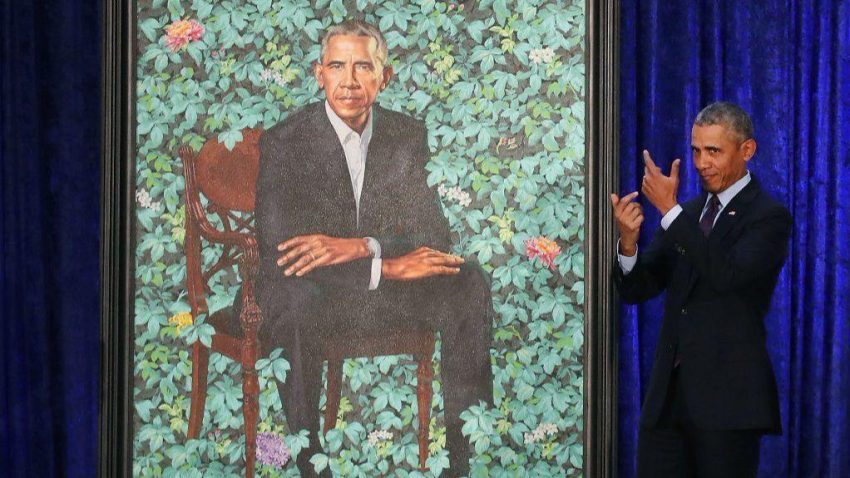By Thalya Samuels
Photo credit: Chicago Tribune
When viewing black history month, we tend to meditate strictly on the achievements of the past, however, it is time to focus on the tremendous rise of black power that is occurring in the present. People of color from all different trades– science, art, entertainment and music–are making their mark on the world.
In the world of scientific discovery, medical physicist Hadiyah-Nicole Green has aided the development of cancer treatment. Green is the second black woman ever to earn a doctorate degree in physics from the University of Alabama at Birmingham. Her determination to fight cancer is personal; the aunt and uncle that raised her both died of the disease. The significance of Green’s approach to treatment is the use of laser technology through nanoparticles. When witnessing the awful experience her uncle had during chemotherapy, she wondered why there was not a form of cancer treatment that did not affect the whole body. Thus, she decided to combat cancer cells directly with lasers. She tested the procedure on mice and it was a success, making her the first person to successfully cure cancer. In September 2017, Green won a $1.1 million grant to further the development of her research.
Artists are some of the biggest influencers of civilization and society. One black artist, in particular, has been commissioned to paint one of the most influential leaders in history. New York-based artist, Kehinde Wiley, has been chosen to paint the official portrait of the 44th President of the United States, Barack Obama. Wiley’s painting style is known for using loud, vibrant colors and depicting hip-hop figures such as LL Cool J, Ice T, and Grandmaster Flash in an esteemed, majestic manner. This has caused many to speculate how he will portray Obama, who is known for his quiet, reserved personality. When asked about his style, he stated, “What I choose to do is to take people who happen to look like me — black and brown people all over the world, increasingly — and to allow them to occupy that field of power.” The portrait was revealed at the Smithsonian National Portrait Gallery on February 12.
Black presence in entertainment has become more prominent in recent years than it has ever been. More and more productions are beginning to select black actors and entertainers to play main roles with depth and character. A notable production that has opened to great reception is the movie, Black Panther. Its significance lies in the fact that in recent years, it is one of the first Marvel superhero films to feature a predominantly black cast. Many black critics, actors, and cinema fans express disappointment that many films in Hollywood fail to accurately represent black people as a whole and only put them in films regarding slavery or historical racial discrimination. The actor who stars in the film as the title character, Chadwick Boseman, has portrayed many influential African-Americans in the past. The roles include Jackie Robinson in 42, Thurgood Marshall in Marshall, and James Brown in Get on Up. When asked about the impact of the film, he stated, “I hesitate to say this is bigger — those are real historical figures and moments, but what this is, it’s a cultural moment that is happening right now. We’re not remembering breaking the color barrier or how funk was created. We’re living this.”
An artist by the name of Kendrick Lamar is further developing the hip-hop genre. Aside from his immense talent, the rapper’s distinguishing feature is that he supports and discusses subjects that other rappers do not. In his music, he visits the themes of self-love, depression, adversity and a multitude of others, which greatly contrasts the typical theme of other mainstream rap songs that strictly talk about money, sex, and fame. Lamar has won 12 Grammys in his career. His most recent awards have been for his album Damn.
Although it is still important to reflect on the important black figures of the past, it is crucial that we recognize those of the present. During this era, black power has gotten more attention than it ever has. The aforementioned people are not the only ones credited with this, it is also the everyday people that represent black culture proudly, despite any challenges they may face.

